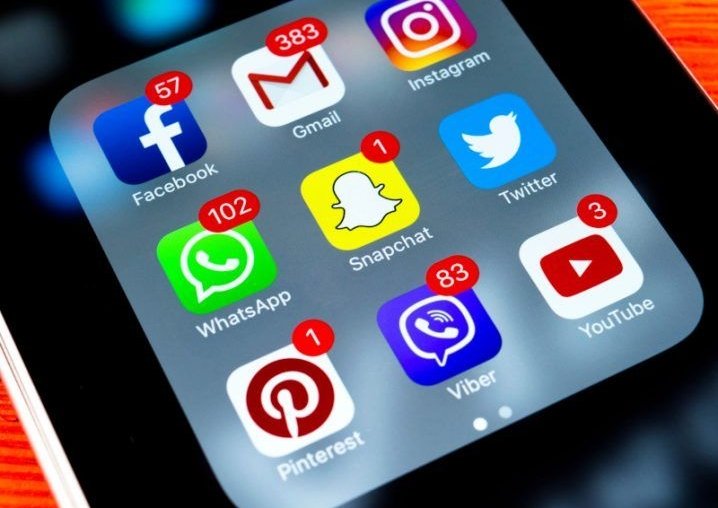In today’s digital age, the influence of food bloggers and social media influencers on consumer behavior is undeniable. With their ability to reach millions of followers and shape trends in the culinary world, these individuals wield considerable power and influence, often sought after by hotels eager to boost their visibility and attract new guests.
However, the rise of food bloggers and influencers has also brought about new challenges and risks for hotels, as some individuals exploit their platform to demand extravagant benefits and discounts in exchange for positive reviews and promotion on social media.
While many food bloggers and influencers genuinely share their experiences and recommendations with their audience, there is a subset of individuals who engage in unethical practices, leveraging their following to extract special treatment from hotels under the guise of collaboration or partnership.
These individuals may approach hotels with promises of exposure to their large audience in exchange for complimentary stays, meals, spa treatments, and other perks. However, once on-site, they may demand additional amenities, upgrades, or discounts, often threatening negative publicity or bad reviews if their demands are not met.
For hotels, navigating this delicate balance between leveraging the reach of influencers and protecting their brand reputation can be challenging. While partnering with reputable influencers can yield positive results, the risk of encountering opportunistic individuals who prioritize personal gain over authenticity is ever-present.
Moreover, the practice of “influencer fraud” has become increasingly prevalent, with some influencers resorting to tactics such as buying followers, likes, and engagement to artificially inflate their influence and demand higher compensation from hotels.
In response to these challenges, hotels are implementing stricter vetting processes and criteria for partnering with influencers, focusing on factors such as audience demographics, engagement metrics, and alignment with the hotel’s brand values and target market.
Additionally, hotels are establishing clear guidelines and expectations for influencer collaborations, outlining the scope of services provided in exchange for complimentary stays or benefits and ensuring transparency and authenticity in all promotional content.
Furthermore, hotels are diversifying their marketing strategies to reduce reliance on influencer partnerships, focusing instead on building authentic relationships with loyal guests, engaging with local communities, and investing in targeted advertising campaigns.
While food bloggers and social media influencers can undoubtedly play a valuable role in promoting hotels and driving business, it is essential for hotels to approach these partnerships with caution and diligence, prioritizing authenticity, integrity, and long-term brand reputation above short-term gains.
By striking a balance between leveraging the reach of influencers and protecting their interests, hotels can navigate the complex landscape of influencer marketing and harness its potential to enhance their visibility, attract new guests, and drive revenue growth in a responsible and sustainable manner.
Image: AdobeStock_283452289_Editorial_Use_Only-718×523
